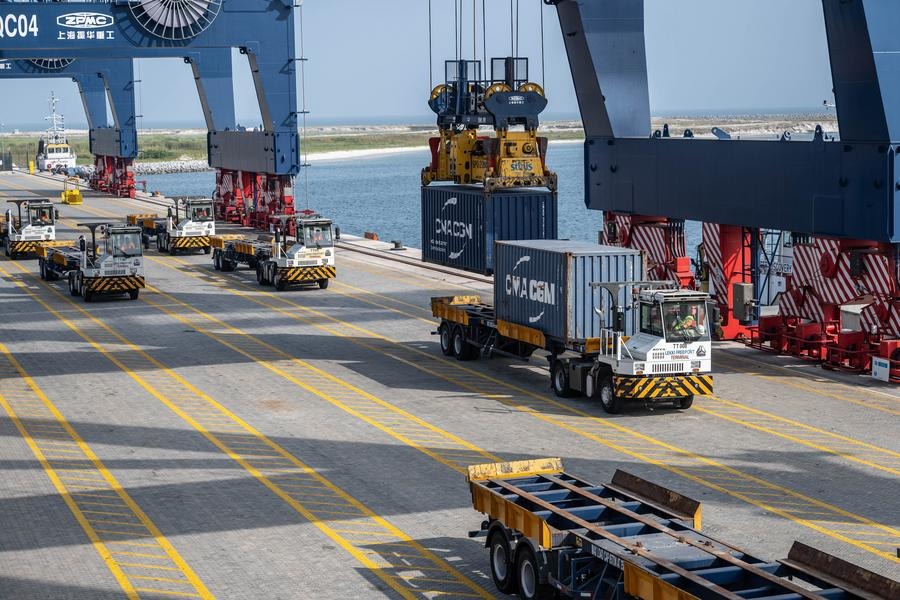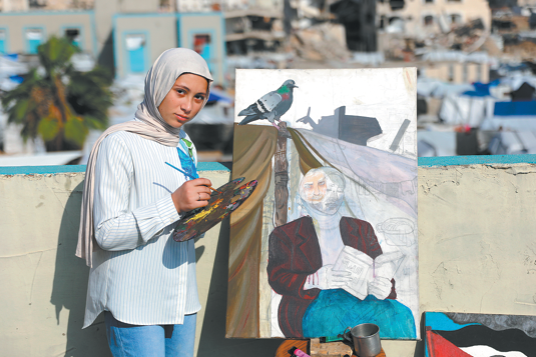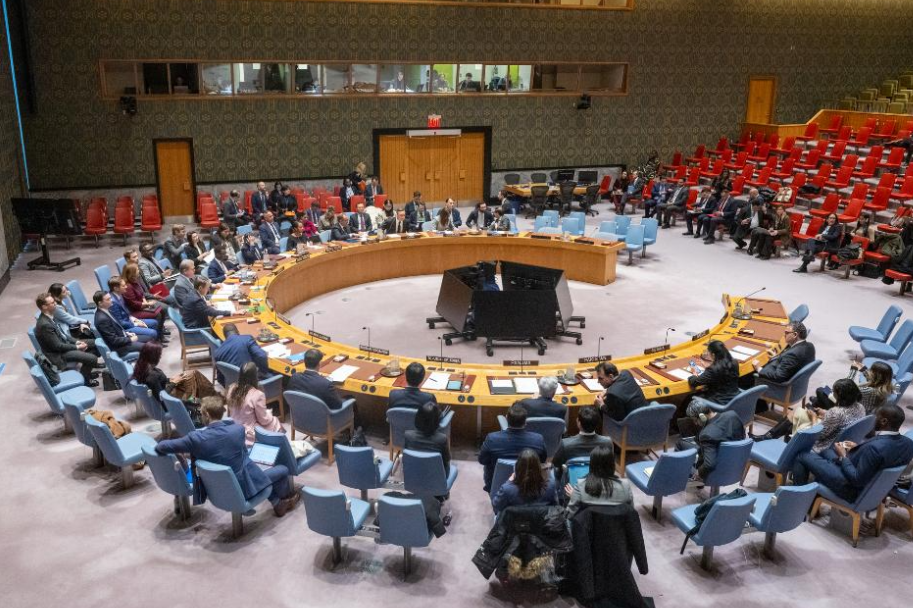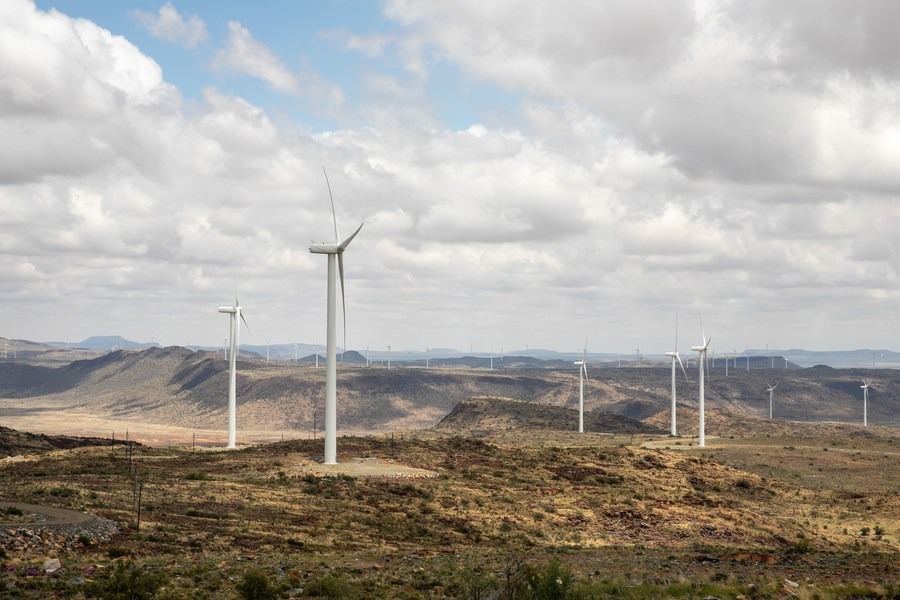Poor countries' inability to immunize against COVID-19 a disaster for rich countries

Pharmaceutical companies have made the financing much easier. This week, a group of CEOs signed agreement, effectively ensuring that everyone around the world will have access to the latest COVID vaccines, drugs, and diagnostics, regardless of their income. This comes on top of other commitments; many companies have said that they won't profit on any coronavirus vaccine and that they'll also cooperate on therapeutic production. If one company succeeds in developing a drug, another could let them use their factory to make it.
More support, however, is still needed. Even if the world's poorest countries only wanted to vaccinate high-risk people – health workers and the elderly – they still wouldn't have enough supply. They would need about 1.6 billion doses to do that. And right now, they're up to 1 billion doses short.
Wealthy nations need to be generous, but they also need to be persistent. The first-generation vaccines ready next year might be highly effective at blocking human-to-human transmission of the SARS-CoV-2 virus, or they could just be very good at preventing mild cases of COVID-19 from turning into serious ones. Either would be useful, but in the latter scenario the world will need to keep investing in R&D until vaccines block transmission. Continued innovation in new kinds of vaccines and drug platforms could help us fight the next novel virus and old enemies, like cancer and HIV, too.
We should also expect that as the elimination effort goes global, it will become more difficult and expensive. One of the most famous photos of the polio eradication effort in India was of a line of health workers. They were carrying vaccine coolers over their heads as they waded through waist-deep floodwaters to reach a remote village.
Spotting COVID-19 cases in the poorest parts of the world will take a similar network of primary health workers – one that can reach places where even roads can't. With good diagnostics, these workers can also sound the alarm if another disease jumps from a bat – or bird – to a human. That's an added benefit: Strong health systems can help us prevent the next pandemic.
For 20 years, I've been asking presidents, prime ministers, and other policymakers in wealthy countries to give money and help improve the health of people in the poorest. I've met with nationalist leaders who are skeptical – and humanitarian leaders who are generous – but COVID-19 has made that distinction irrelevant.
In this pandemic, there's no difference between helping yourself and helping others. The selfish thing and the selfless thing – giving poor countries the tools to eliminate this disease – are one in the same.
The sooner the world realizes that, the sooner this crisis will end.
The author is co-chair of Bill & Melinda Gates Foundation.

































